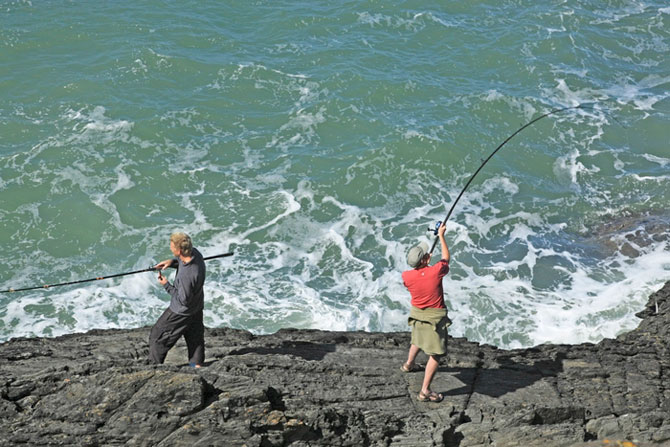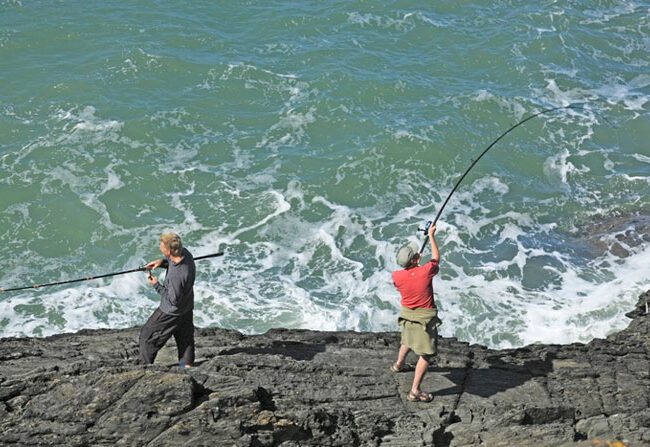Balancing Conservation and Coastal Communities


Wales, with its vast coastline and rich marine biodiversity, is committed to promoting respectful fishing practices that preserve the marine environment while supporting the livelihoods of coastal communities. The Welsh fishing industry has made significant strides towards sustainability, ensuring the long-term viability of fish stocks and the health of our oceans. In this blog post, we will explore the importance of sustainable fishing in Wales, highlighting key initiatives, responsible fishing practices, and the positive impact on both the environment and local communities. Let’s dive into the world of sustainable fishing in Wales.
Wales has established Marine Protected Areas (MPAs) and implemented robust fisheries management measures to protect vulnerable species and habitats. These designated areas help conserve marine biodiversity and ensure the regeneration of fish populations. With careful monitoring and regulation, Welsh fisheries are working towards achieving a sustainable balance between fishing activities and ecosystem preservation.
Welsh fishermen are embracing responsible fishing practices that minimise the impact on marine ecosystems. Techniques such as selective fishing gear, which reduces bycatch and avoids capturing non-target species, are being adopted. Additionally, time and area restrictions, as well as quota management systems, help prevent overfishing and allow fish populations to replenish naturally.
The Welsh fishing industry recognises the value of small-scale and low-impact fishing operations. These practices often have a lower ecological footprint and support sustainable fishing methods. Local fishermen, working closely with fisheries authorities, are encouraged to adopt sustainable practices that maintain fish stocks, preserve the marine environment, and contribute to the economic vitality of coastal communities.
Sustainable fishing in Wales is a collaborative effort involving fishermen, scientists, conservation organisations, and governmental bodies. Stakeholders work together to share knowledge, exchange best practices, and implement effective management strategies. This collaborative approach ensures that decisions are informed by scientific research and practical expertise, leading to sustainable outcomes that benefit both the environment and fishing communities.
The fishing movement in Wales is supported by consumer awareness and demand for responsibly sourced seafood. Public education campaigns and seafood labelling initiatives help consumers make informed choices and support fisheries that adhere to sustainable practices. By choosing sustainable seafood options, consumers play a vital role in promoting responsible fishing and rewarding efforts to protect our oceans.
Sustainable fishing practices are essential for the long-term health of our oceans and the viability of coastal communities in Wales. Through Marine Protected Areas, responsible fishing practices, support for small-scale operations, stakeholder collaboration, and consumer awareness, Wales is paving the way for a sustainable fishing industry. By embracing these practices, we can ensure the preservation of marine ecosystems, protect fish populations, and secure a prosperous future for both the environment and the communities that depend on them.